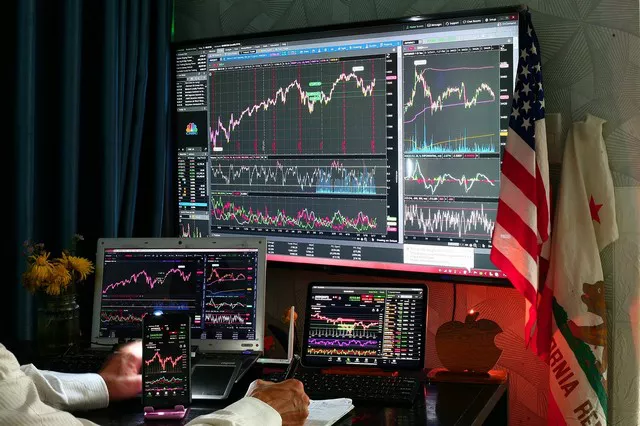Futures trading, once reserved for institutional investors, has become more accessible to retail traders in recent years. This article aims to explore the possibilities of futures trading for individuals and shed light on the key considerations and requirements. We will delve into the eligibility criteria, the necessary steps to get started, the benefits and risks involved, and how individuals can participate in this dynamic market.
Understanding Futures Trading
Definition of futures contracts: Futures contracts are agreements to buy or sell assets at a predetermined price and date in the future.
Key participants in futures markets: Futures markets consist of hedgers (seeking price protection), speculators (looking to profit from price movements), and arbitrageurs (taking advantage of price disparities).
Liquidity and market access: Futures markets are highly liquid, providing ample trading opportunities across various asset classes, including commodities, currencies, stock indices, and interest rates.
Eligibility and Requirements
Age and legal status: In most jurisdictions, individuals must be of legal age (typically 18 or 21) to trade futures.
Financial requirements: While there is no specific income or net worth requirement, individuals must have sufficient capital to meet margin requirements and cover potential losses.
Regulatory compliance: Traders must comply with regulatory guidelines, including Know Your Customer (KYC) and Anti-Money Laundering (AML) requirements, to open trading accounts.
Getting Started with Futures Trading
Choosing a brokerage firm: Select a reputable brokerage that offers access to futures markets, provides a user-friendly trading platform, and offers competitive fees and customer support.
Opening a futures trading account: Complete the account application process, which typically includes identity verification, submitting required documents, and signing agreements.
Education and research: Familiarize yourself with futures trading concepts, market dynamics, technical and fundamental analysis techniques, and risk management strategies.
Benefits of Futures Trading
Diversification: Futures markets offer exposure to a wide range of asset classes, enabling traders to diversify their investment portfolios.
Leverage: Futures trading allows individuals to control larger positions with a smaller upfront investment, magnifying potential returns.
Hedging: Futures contracts provide a means for hedging against price volatility, allowing traders to protect their existing positions in other markets.
Speculative opportunities: Traders can profit from both rising and falling markets, taking advantage of price movements in either direction.
Risks and Considerations
Price volatility: Futures markets can be highly volatile, influenced by economic indicators, geopolitical events, and supply-demand factors.
Leverage and margin: The use of leverage amplifies potential gains but also increases the risk of substantial losses. Traders must carefully manage margin requirements and maintain sufficient account balances.
Market knowledge and analysis: Successful futures trading requires a deep understanding of the underlying markets, technical analysis skills, and the ability to interpret relevant news and data.
Risk Management and Strategies
Setting risk parameters: Determine risk tolerance, establish stop-loss orders, and define position sizes to manage risk effectively.
Developing a trading plan: Create a comprehensive trading plan outlining entry and exit strategies, risk management guidelines, and target profit levels.
Continuous learning: Stay updated with market developments, utilize trading tools and indicators, and engage in ongoing education to refine trading skills.
Conclusion
While futures trading was once considered exclusive to institutional investors, it has become increasingly accessible to individual traders. However, it is essential to understand that futures trading involves risks, including price volatility and leverage-related losses. By meeting the eligibility requirements, selecting a reputable brokerage, acquiring market knowledge, and implementing sound risk management strategies, individuals can participate in futures trading with the potential for profitable outcomes. Diligence, discipline, and continuous learning are key to navigating the complexities of futures markets and achieving trading success.

